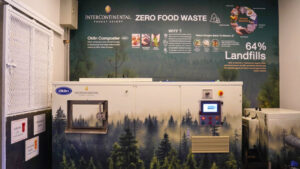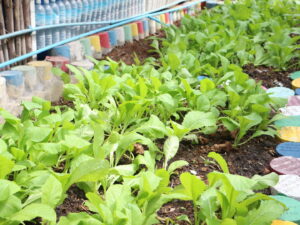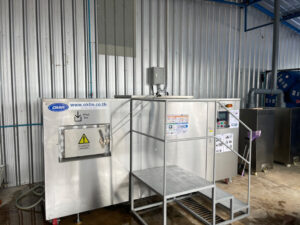
The Problem of Food Waste and Options for Managing It
The Problem of Food Waste and Options for Managing It


The Problem of Food Waste
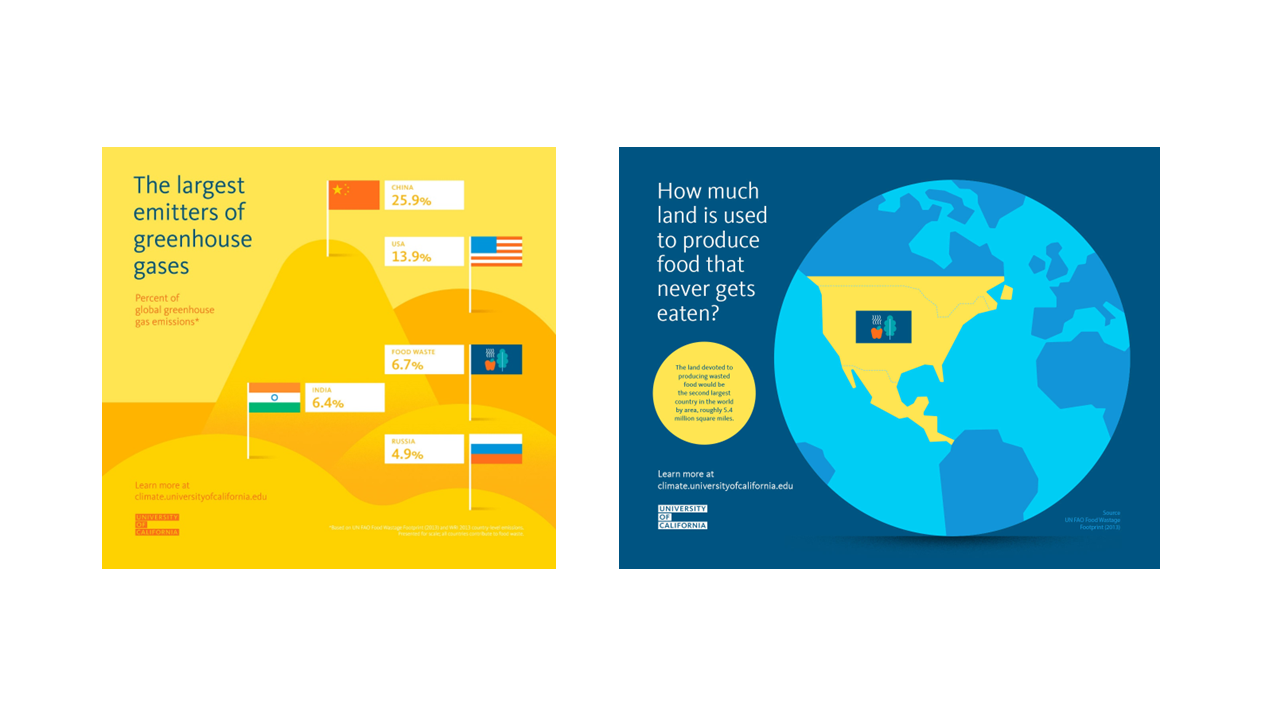
Food waste has become one of the major contributors to climate change, with impacts far more severe than many realize. Studies reveal that food waste accounts for 6.7% of global greenhouse gas emissions, a share higher than that of India (6.4%) and Russia (4.9%), and second only to China (25.9%) and the United States (13.9%). In fact, if food waste were considered a country, it would rank as the third-largest emitter of greenhouse gases in the world.
Behind these figures lies a massive loss of resources at every stage of the food supply chain — from agricultural land, water, and energy to fertilizers and labor — all invested in producing food that ultimately ends up in the bin. Data shows that the land used to grow food that is never eaten amounts to about 5.4 million square miles. If it were a country, it would be the second-largest in the world, just after Russia. This wasteful use of resources not only squanders valuable inputs but also drives greenhouse gas emissions throughout both the production and disposal processes.
Reducing food waste is therefore not just about saving costs or addressing food insecurity — it is a crucial measure to cut greenhouse gas emissions and mitigate climate change. Taking action at the source, from households and the food industry to national policy, can significantly reduce resource loss and help build a more sustainable food system for the future.
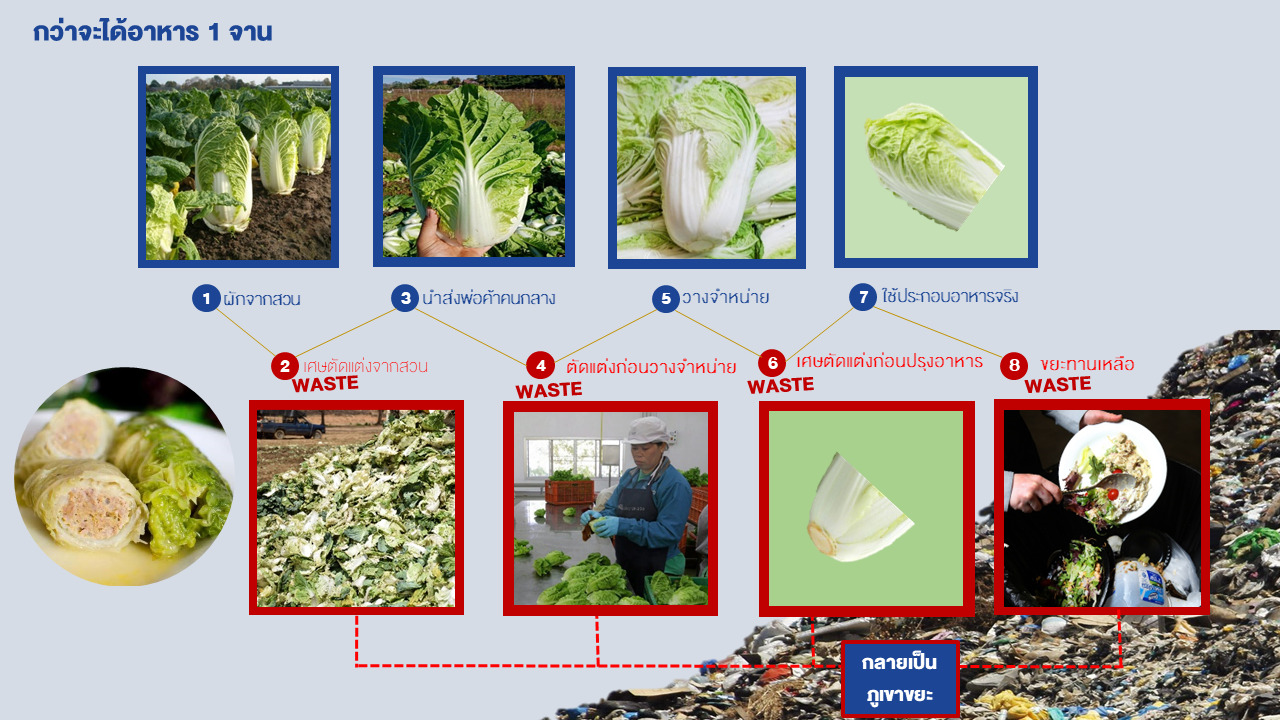
One-third of all food produced globally becomes waste.
Each year, more than 1.3 billion tons of food — or one-third of all food produced worldwide — is wasted, generating 8% of global greenhouse gas emissions, while over 830 million people around the world still suffer from hunger. In Thailand, over 60% of all waste is food waste, and the average Thai person generates up to 254 kilograms of food waste per year.
64% is food waste
Thailand’s total municipal solid waste increases every year, reaching about 26.77 million tons, of which 64% is food waste. In Bangkok alone, daily municipal waste amounts to 9,000 tons, with food waste making up as much as 50% of the total. According to the Food and Agriculture Organization (FAO), the carbon dioxide generated from global food waste could amount to 3.3 billion tons of CO₂ per year.
Food waste = methane emissions
Landfilling is the least desirable method of food waste disposal, as the decomposition of organic waste produces methane gas, one of the most potent greenhouse gases driving global warming.
Proper and rapid disposal can reduce excess waste
Food waste is one of the most abundant types of waste, found in every household. When disposed of in landfills, it generates methane, a key contributor to climate change. Using the Oklin food waste composter transforms food scraps into organic fertilizer, helping to reduce methane emissions, improve air quality by lowering PM 2.5, reduce waste volume, cut down the frequency of waste collection, and lower the carbon footprint.
The Oklin Composter uses biotechnology to decompose food waste, reducing its volume by 80–90% within 24 hours. The end product is high-quality organic fertilizer, which can be used to enrich soil, promote leaf growth, and increase crop yields in agriculture, or to nourish plants and trees.
Turns food waste into dry fertilizer within 24 hours. It handles liquids without the need for separation, requires only a one-time microbial starter with no refills for its entire lifespan, and uses natural microbial decomposition that is safe for the environment. The process produces ready-to-use organic fertilizer and requires no filter changes, reducing hazardous waste. An Australian innovation, it is easy to use for both households and industrial applications.
Household model: 79,000 THB
Industrial model: Free site survey and waste volume assessment
Contact Line: @oklinthailand

